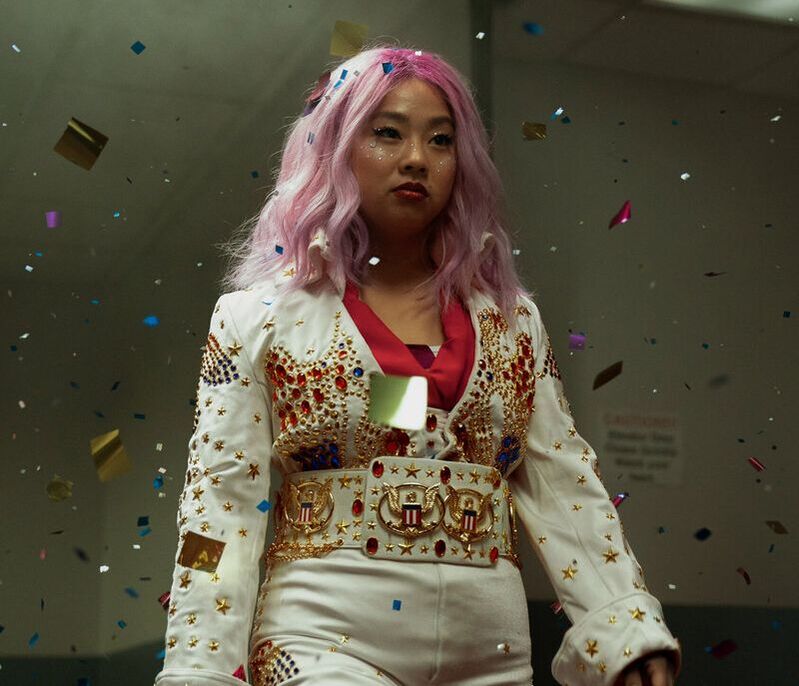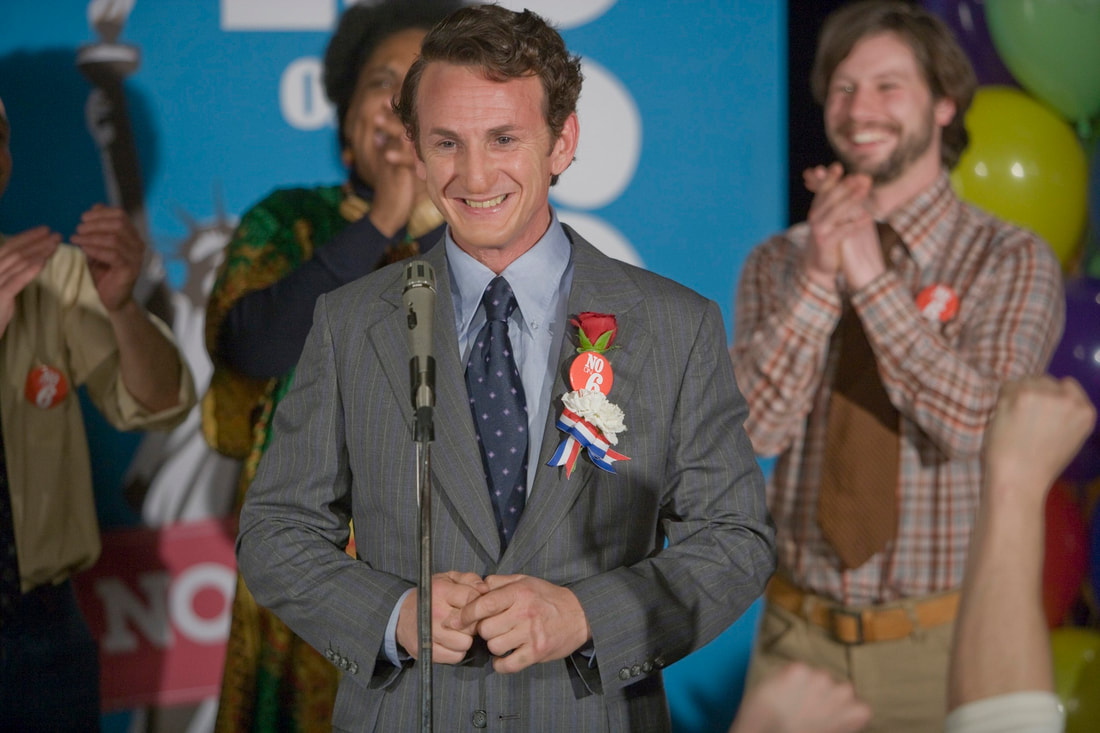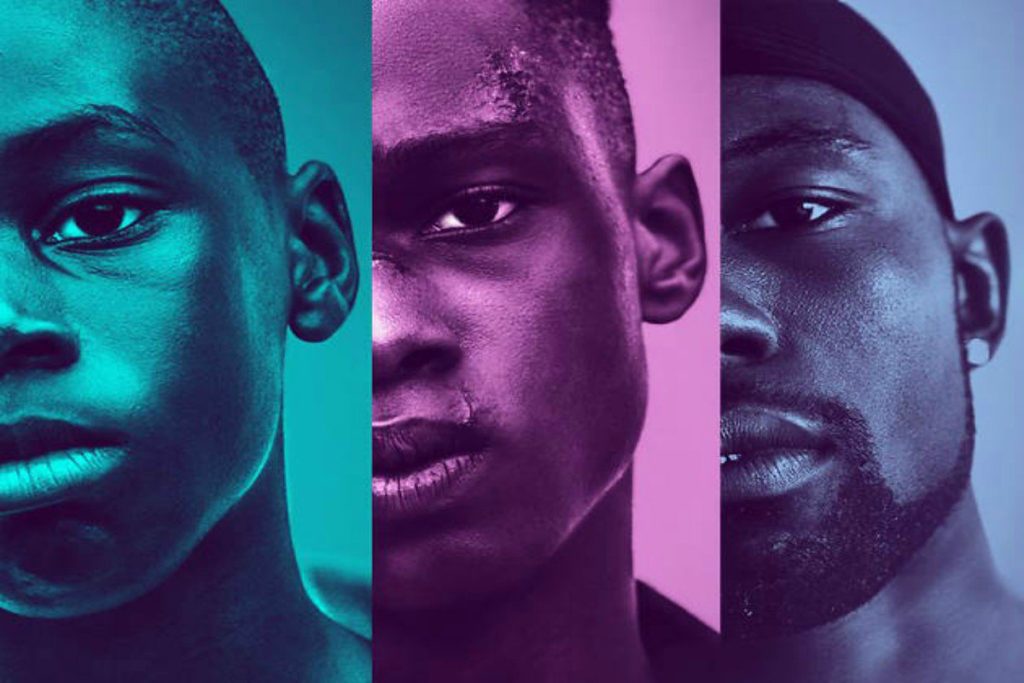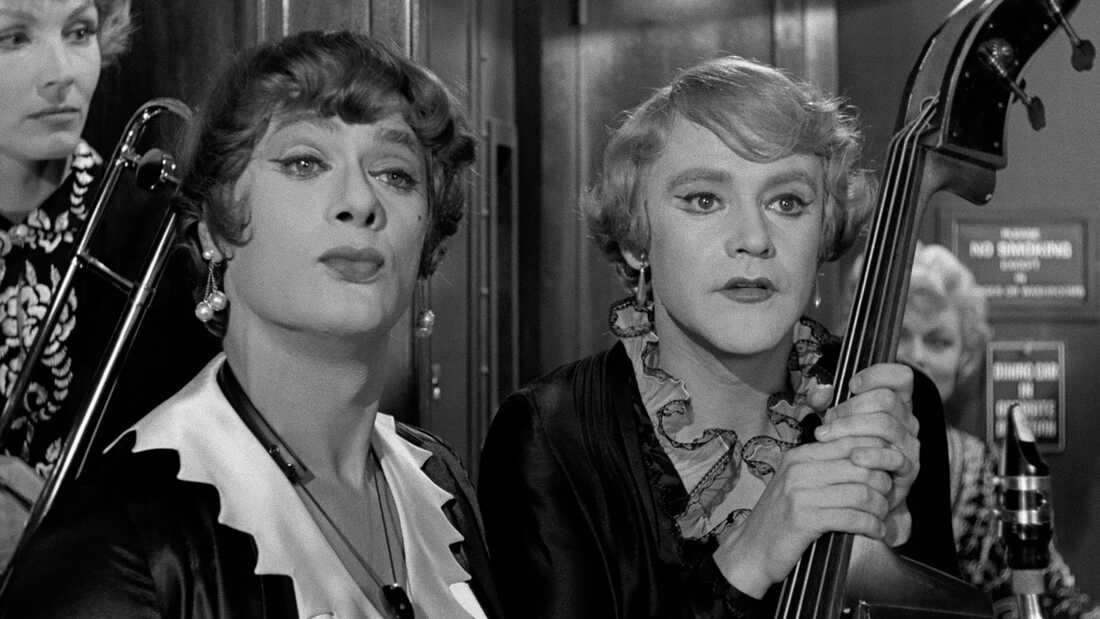"In the world of film and television, the representation and portrayal of LGBTQIA+ people has always been complicated." -- Alex Stullman, 7th Grade
In the world of film and television, the representation and portrayal of LGBTQIA+ people has always been complicated. From the Hays Code banning any acknowledgement of the existence of queer or marginalized people from 1934-68, to the overwhelming and blatant homophobia in the 80’s, to the gradual and tedious acceptance of queer people through stereotypes in the 90’s. Today, however, the film and TV industry has allowed for there to be accurate and respectful representation of the community.
Now, in 2023, though the queer community is still fighting for their rights in many parts of the country, there’s been a lot of progress with shows like She-Ra and the Princesses of Power and the Owl House, bringing normalization of queer people to young audiences. Last year’s blockbuster and Oscar favorite, Everything, Everywhere, All At Once, featured queer characters to huge amounts of viewers.
Now, in 2023, though the queer community is still fighting for their rights in many parts of the country, there’s been a lot of progress with shows like She-Ra and the Princesses of Power and the Owl House, bringing normalization of queer people to young audiences. Last year’s blockbuster and Oscar favorite, Everything, Everywhere, All At Once, featured queer characters to huge amounts of viewers.
However, there’s something I’ve noticed about a lot (not all!) of actors who receive such high praise for playing LGBTQ characters: they’re straight. Many of the people chosen by casting directors to play queer characters in mainstream productions are people who, despite possibly being genuinely good actors, have never experienced anything like what their characters might be going through. Rafi Ponet, a Lit Arts student, when asked about the subject, responded, “it just feels a little weird, [it’s] like you’re being portrayed as something that you’re not.”
Take, for instance, Harvey Milk. Milk was the first-ever openly gay man to run for office in America, and actually win. Shortly after his victory, Milk was assassinated by his rival, Dan White. In 2008, Gus Van Sant directed his own version of this story, coming out with Sean Penn playing the iconic activist in Milk. Now, though it is great that Milk’s story is being told in a big, Oscar winning fashion, the casting of Penn was an interesting choice.
Take, for instance, Harvey Milk. Milk was the first-ever openly gay man to run for office in America, and actually win. Shortly after his victory, Milk was assassinated by his rival, Dan White. In 2008, Gus Van Sant directed his own version of this story, coming out with Sean Penn playing the iconic activist in Milk. Now, though it is great that Milk’s story is being told in a big, Oscar winning fashion, the casting of Penn was an interesting choice.
(Sean Penn as Harvey Milk in Milk)
For one, it was known and out there that Penn had been accused and fined for assault, long before he was cast to play Milk. More recently, Penn told iNews that he thinks American men have been “wildly feminized” and recently doubled down on his comments, criticizing men who choose to wear skirts. In 2018, he also stated that he believed the #MeToo movement was a “respectable of the salacious” meant to “divide men and women.” Oh boy.
Although Milk’s was already a well known story, it was told in a way that made you care about the characters, though some didn’t make it out. Penn played the ever-optimistic and smiley Harvey Milk, who, despite everything stacking against him, strode forward—pushing himself to a place where he could help the gay community. Honestly, Penn carried the role of Milk quite well, though it was a bit sad to see how his campaign overturned his life.
Another example is the three-time Oscar winner and cry-your-eyes-out supreme, Moonlight. Moonlight follows the story of Chiron through three time periods in his life - as a kid, a teenager, and an adult. Generally, Chiron has had a life full of sorrow, and this movie follows him as he struggles to come to terms with being Black, his sexuality, and his crack-addict mother.
For one, it was known and out there that Penn had been accused and fined for assault, long before he was cast to play Milk. More recently, Penn told iNews that he thinks American men have been “wildly feminized” and recently doubled down on his comments, criticizing men who choose to wear skirts. In 2018, he also stated that he believed the #MeToo movement was a “respectable of the salacious” meant to “divide men and women.” Oh boy.
Although Milk’s was already a well known story, it was told in a way that made you care about the characters, though some didn’t make it out. Penn played the ever-optimistic and smiley Harvey Milk, who, despite everything stacking against him, strode forward—pushing himself to a place where he could help the gay community. Honestly, Penn carried the role of Milk quite well, though it was a bit sad to see how his campaign overturned his life.
Another example is the three-time Oscar winner and cry-your-eyes-out supreme, Moonlight. Moonlight follows the story of Chiron through three time periods in his life - as a kid, a teenager, and an adult. Generally, Chiron has had a life full of sorrow, and this movie follows him as he struggles to come to terms with being Black, his sexuality, and his crack-addict mother.
(Release poster of Moonlight)
In Moonlight, though all three portrayals of Chiron are amazing, that of Trevante Rhodes as the character “Black,” (adult Chiron) is particularly exceptional. Rhodes, though never overly dramatic in his role, manages to emit an ocean of emotion with his subtle expressions or gestures. His acting is so raw and heartfelt it’s honestly kind of hard to believe he’s never gone through these things himself. Rhodes told Interview Magazine that he used his friend’s experience for the gay material, but elements of his own life prepared him for the role, including being estranged from his father and having experienced bullying.
And that’s cool. Though Rhodes himself is straight, his portrayal of a gay man was borrowed from someone he knew well, and I would say he pulled it off. And that’s where it starts to get a little more complicated than “black and white” or “good and bad.”
It is literally an actor’s job to act, to be other people, so how is it fair for me and other people to hound them for just doing what they get paid to do? Because the LGBTQ community has such a long and difficult history with being portrayed well, if at all, in the media.
During the 30-plus years of the Hays Code, all media was strictly censored in order to regulate that its the moral content met the “appropriate standards.” This included the mocking of religion, the depiction of illegal drug use, as well as interracial romance, revenge plots and the showing of a crime method clearly enough that it might be imitated. By 1959, a film was permitted to deal with all of the subjects above, except, you guessed it: homosexuality. Funny enough, the same year, the film Some Like it Hot was released without the permission of the Code, featuring cross-dressing and (what?) talk of gay people? They exist? Though conservatives everywhere were wondering if they could still get to the Good Place with a film like this, regular people found Some Like it Hot a delight to watch, and the movie became extremely popular, against the will of the Code. Officially, the Code was abolished in ‘68.
In Moonlight, though all three portrayals of Chiron are amazing, that of Trevante Rhodes as the character “Black,” (adult Chiron) is particularly exceptional. Rhodes, though never overly dramatic in his role, manages to emit an ocean of emotion with his subtle expressions or gestures. His acting is so raw and heartfelt it’s honestly kind of hard to believe he’s never gone through these things himself. Rhodes told Interview Magazine that he used his friend’s experience for the gay material, but elements of his own life prepared him for the role, including being estranged from his father and having experienced bullying.
And that’s cool. Though Rhodes himself is straight, his portrayal of a gay man was borrowed from someone he knew well, and I would say he pulled it off. And that’s where it starts to get a little more complicated than “black and white” or “good and bad.”
It is literally an actor’s job to act, to be other people, so how is it fair for me and other people to hound them for just doing what they get paid to do? Because the LGBTQ community has such a long and difficult history with being portrayed well, if at all, in the media.
During the 30-plus years of the Hays Code, all media was strictly censored in order to regulate that its the moral content met the “appropriate standards.” This included the mocking of religion, the depiction of illegal drug use, as well as interracial romance, revenge plots and the showing of a crime method clearly enough that it might be imitated. By 1959, a film was permitted to deal with all of the subjects above, except, you guessed it: homosexuality. Funny enough, the same year, the film Some Like it Hot was released without the permission of the Code, featuring cross-dressing and (what?) talk of gay people? They exist? Though conservatives everywhere were wondering if they could still get to the Good Place with a film like this, regular people found Some Like it Hot a delight to watch, and the movie became extremely popular, against the will of the Code. Officially, the Code was abolished in ‘68.
(Some Like It Hot)
Since then, television became a bit more accepting of the LGBTQ community. A bit. If you’ve ever seen an 80’s film, you would know what I mean. To the astonishment of the world, gay people now existed in the media. However, they were ridiculed and made into a joke, for big production companies not to lose their conservative audiences. The term f*ggot was barely profanity at that point, and homophobia was like a second language to many people. By the late 90’s, films like But I’m A Cheerleader and Boys Don’t Cry, starring respectable queer characters, started to bring a nicer and more accurate view of queer people to larger audiences.
Of course, all the actors chosen to portray these characters all identified as straight, but at the time, it was a major win just to be accurately represented at all. Now that gay people can get married, and common decency is a little more common, I think the next step for queer representation in media would be to include actors who can personally identify with the characters they’re bringing to these large audiences.
Since then, television became a bit more accepting of the LGBTQ community. A bit. If you’ve ever seen an 80’s film, you would know what I mean. To the astonishment of the world, gay people now existed in the media. However, they were ridiculed and made into a joke, for big production companies not to lose their conservative audiences. The term f*ggot was barely profanity at that point, and homophobia was like a second language to many people. By the late 90’s, films like But I’m A Cheerleader and Boys Don’t Cry, starring respectable queer characters, started to bring a nicer and more accurate view of queer people to larger audiences.
Of course, all the actors chosen to portray these characters all identified as straight, but at the time, it was a major win just to be accurately represented at all. Now that gay people can get married, and common decency is a little more common, I think the next step for queer representation in media would be to include actors who can personally identify with the characters they’re bringing to these large audiences.





